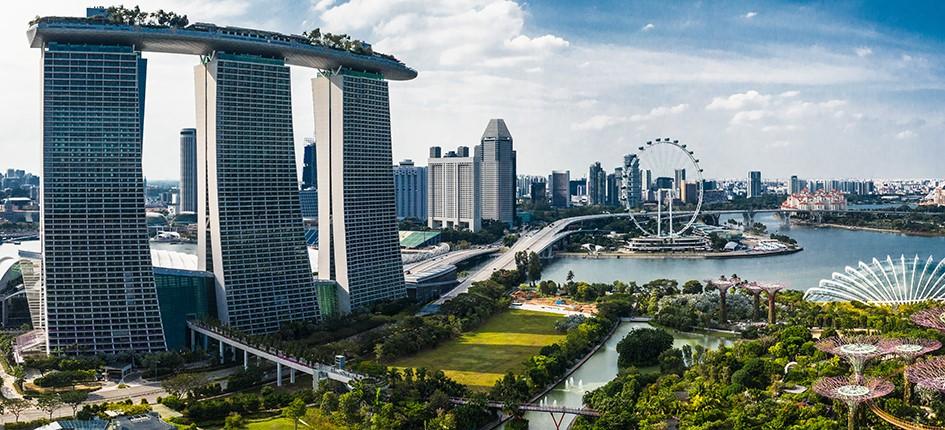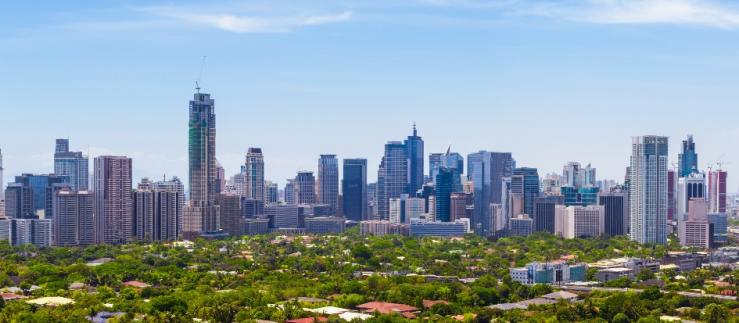Southeast Asia is a really interesting market for Swiss exporters. The ASEAN region with its ten countries (Brunei, Indonesia, Cambodia, Laos, Malaysia, Myanmar, Philippines, Singapore, Thailand, Vietnam) is very large indeed. But the individual countries are not. This keeps things simple for Swiss SMEs. Other points also speak for the region:
- they are all growing markets, for example. Even if a Swiss SME is already active there, it can still continue to expand within the region. The growth potential is enormous, not least thanks to a steady and strong increase in the middle class. Indonesia, for example, expects the middle class to triple by 2030 – from 45 million to 135 million consumers.
- The markets are, however, very different. Countries offer different levels of technology and are at different stages of development. And Swiss SMEs can enter where it suits their needs.
- The countries are opening up to foreign investors. Some countries are still protectionist at the moment. However, the Indonesian government, for example, is planning to open up to foreign investment and massively reduce the restricted or closed business areas for foreign investors.
Particularly promising sectors and regions
Basically, the following applies: Southeast Asia is interesting for all industries and covers everything – from IT, to tourism to wastewater treatment in textile production. Some countries have specialized in certain areas. Thailand, for example, is positioning itself as a hub for e-mobility, e-cars and battery manufacturing. Malaysia is strong in the aerospace sector. And Vietnam is the favorite when it comes to finding new production locations. The country is also an option to expand in Asia if China is not an option. Vietnam is also strong in IT, as is Malaysia. Food is one of the sectors that is very strong across Asia. When it comes to medtech, Indonesia is interesting. Many hospitals are currently being built there. And the need for material is great in order to equip them. Singapore is still the hotspot and positioned as a global Fintech hub, serving thought leadership and industry best-in-class practices.
Free trade agreements facilitate exports
Free trade agreements secure access to important and dynamic markets for Swiss SMEs. Singapore and the Philippines already have a free trade agreement with Switzerland. A free trade agreement with Indonesia was signed at the end of 2018; a referendum against the agreement was rejected by the Swiss electorate. Another important agreement – Regional Comprehensive Economic Partnership – was signed by the ASEAN countries together with China, Japan, South Korea, Australia and New Zealand on November 15, 2020. Asia is therefore creating the world’s largest free trade area. After the increasingly protectionist tendencies in recent years, this is a positive development for Swiss exports.
Be aware of and consider stumbling blocks
When exporting to Southeast Asia, the culture can be a stumbling block, as it is very different from that in Europe. The various religions must also be taken into account. Continental Southeast Asia is Buddhist, while Maritime Southeast Asia is influenced by Islam and Catholicism (Philippines). Language can also be an obstacle. Not everyone can speak English, and documents are not necessarily available in English. Even if an SME wants to go its own way and has its philosophy, it must break away from it and adapt to local conditions. That is why it is important to always involve a local partner you can trust. The bureaucracy has improved due to digitization. Customs papers, registrations and certifications are also usually not an problem. However, these should be arranged early, as the deadlines can be up to one year ahead. For food and beverage manufacturers, cosmetics and medtech, Halal certification is now mandatory in Indonesia.





